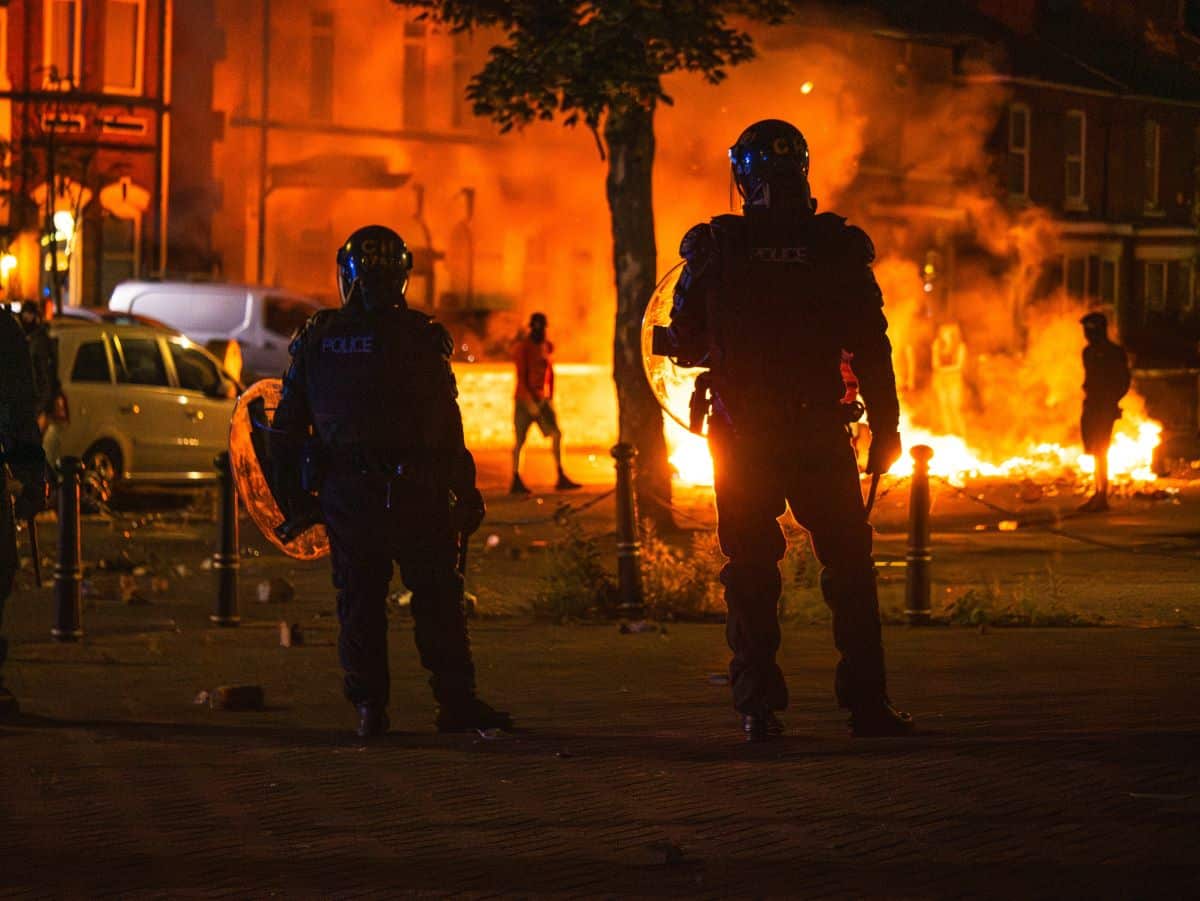Britain’s recent turmoil paints a vivid picture of national pride gone awry. With streets turned into battlegrounds and political leaders rallying for calm, one must ask: at what cost does this pride come?
1. The Southport Trigger
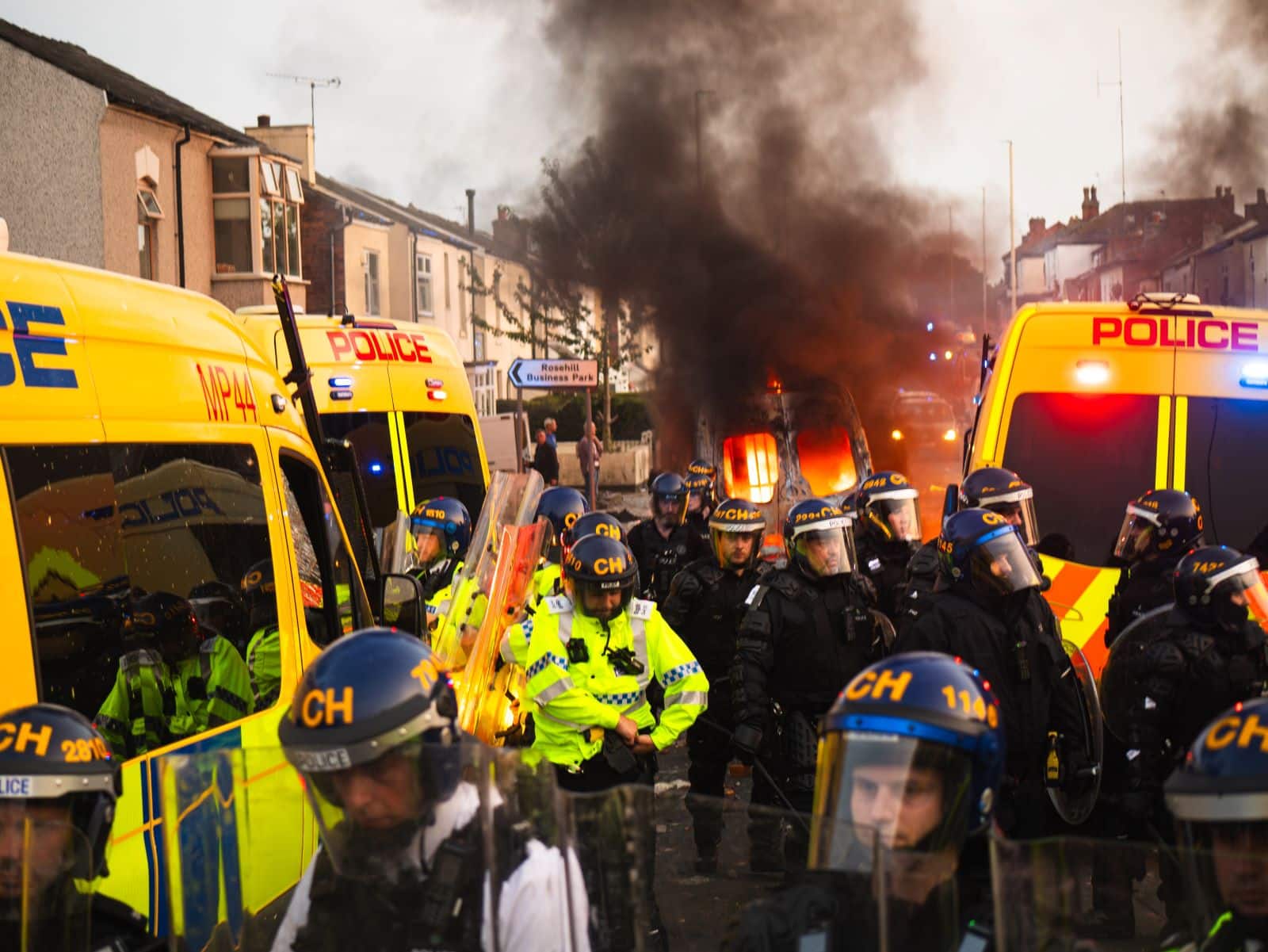
The riots ignited after three children were tragically stabbed at a holiday club in Southport on July 29, 2024, a heinous act that fueled nationwide unrest. The incident, which has since seen Axel Rudakubana arrested for the crime, became a flashpoint for far-right groups to mobilize, leading to widespread violence.
2. A National Uprising
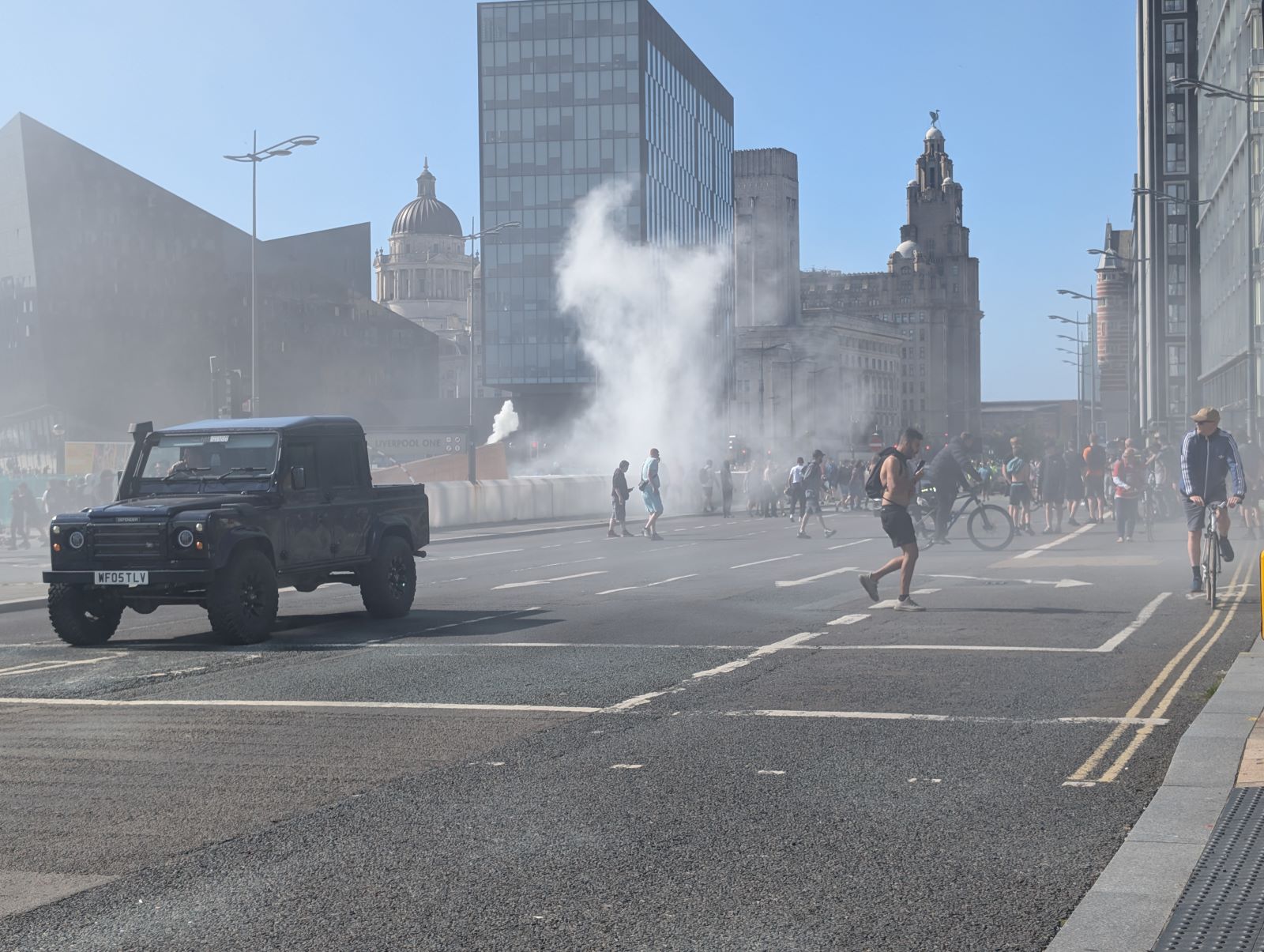
Violence spread rapidly to major cities including Liverpool, Manchester, Birmingham, and Bristol, with over 400 arrests in a single week. Far-right demonstrators clashed violently with police and counter-protestors, highlighting the profound national reach of the unrest.
3. The Financial Strain of Riot Control
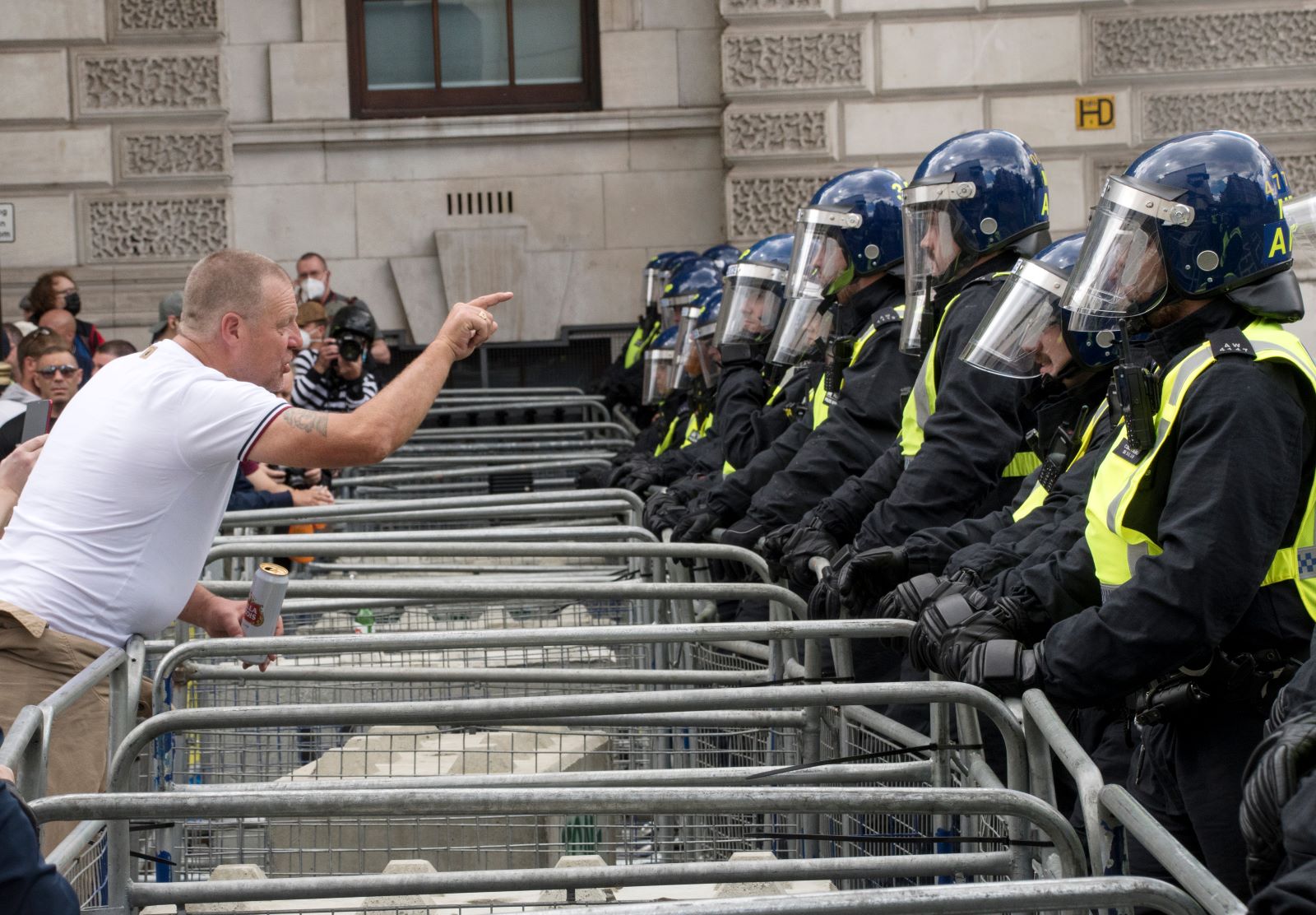
The cost of policing these riots is staggering, running into millions of pounds. Funds that could support public health or education are instead diverted to cover police overtime and city repairs, straining local economies and taxpayer patience.
4. Wider Community Impacts
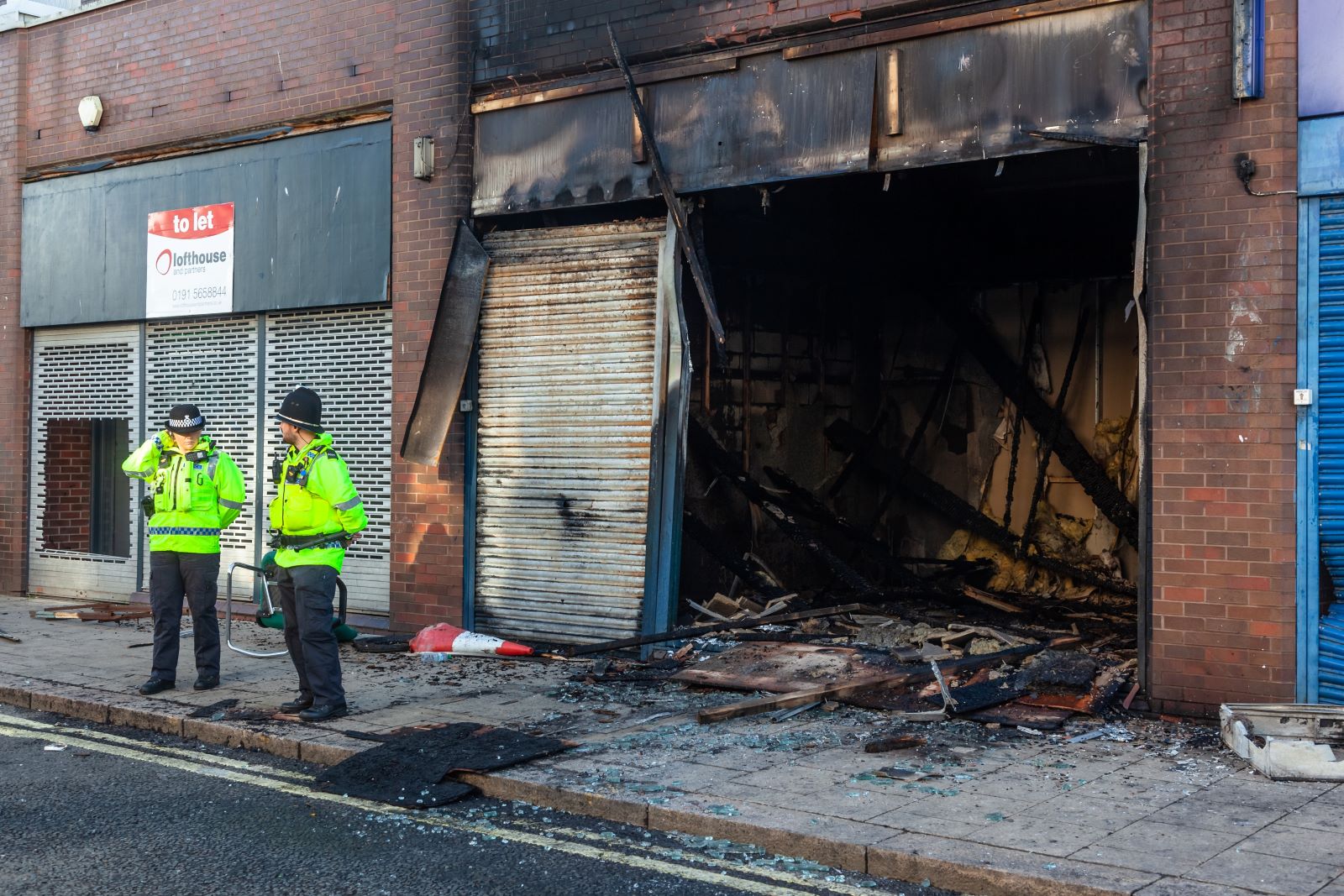
In communities from Birmingham to Belfast, the riots have deepened racial and economic divides. Immigrant neighborhoods, in particular, have faced targeted violence, escalating fear and tension among Britain’s diverse communities.
5. Political Fallout and Responses
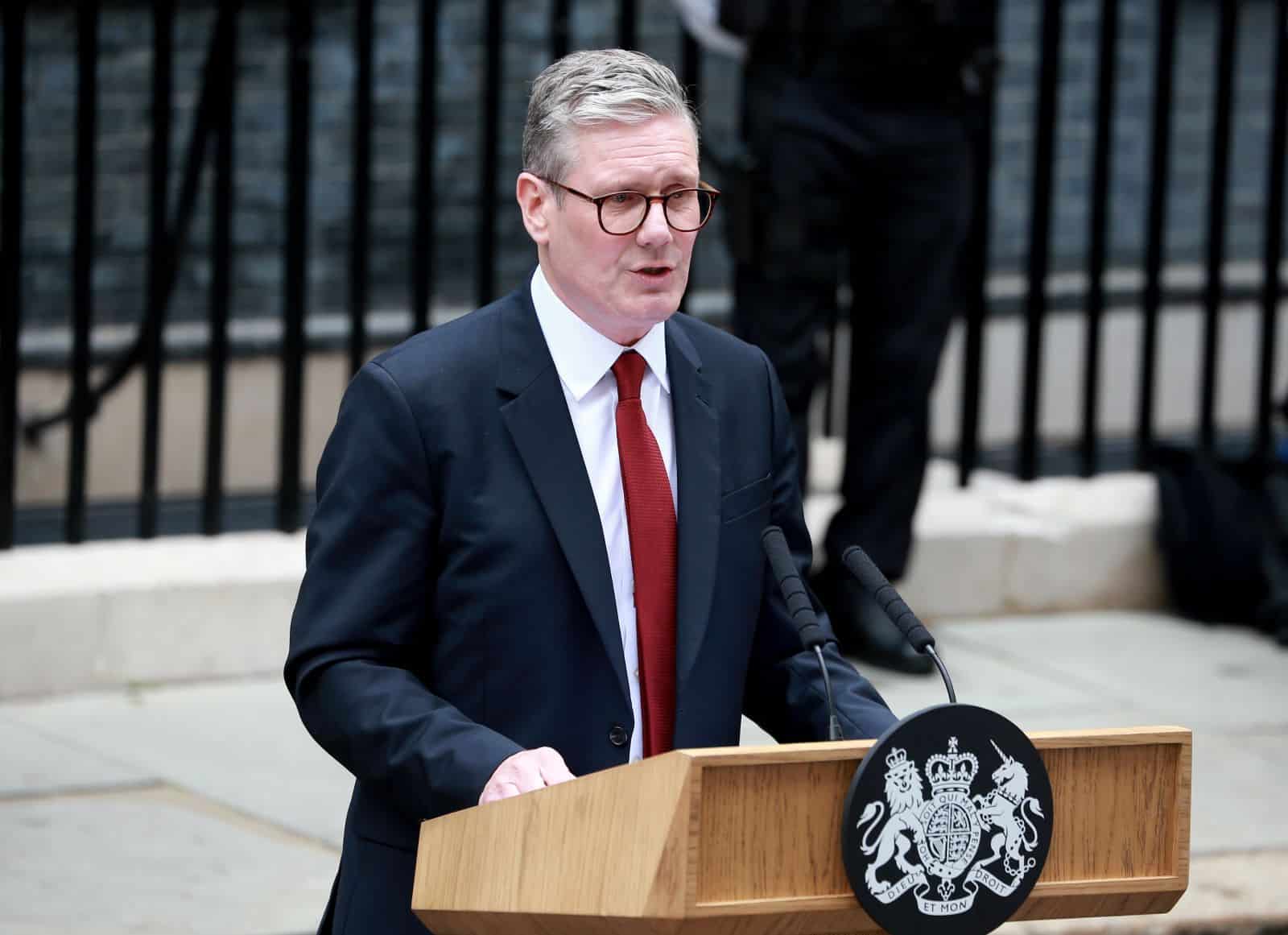
Prime Minister Sir Keir Starmer and other political leaders have been vocal, condemning the violence and vowing strict legal repercussions for those involved. This strong political stance reflects the government’s urgency in restoring order and addressing the underlying issues of nationalism and xenophobia.
6. Misinformation and Its Consequences
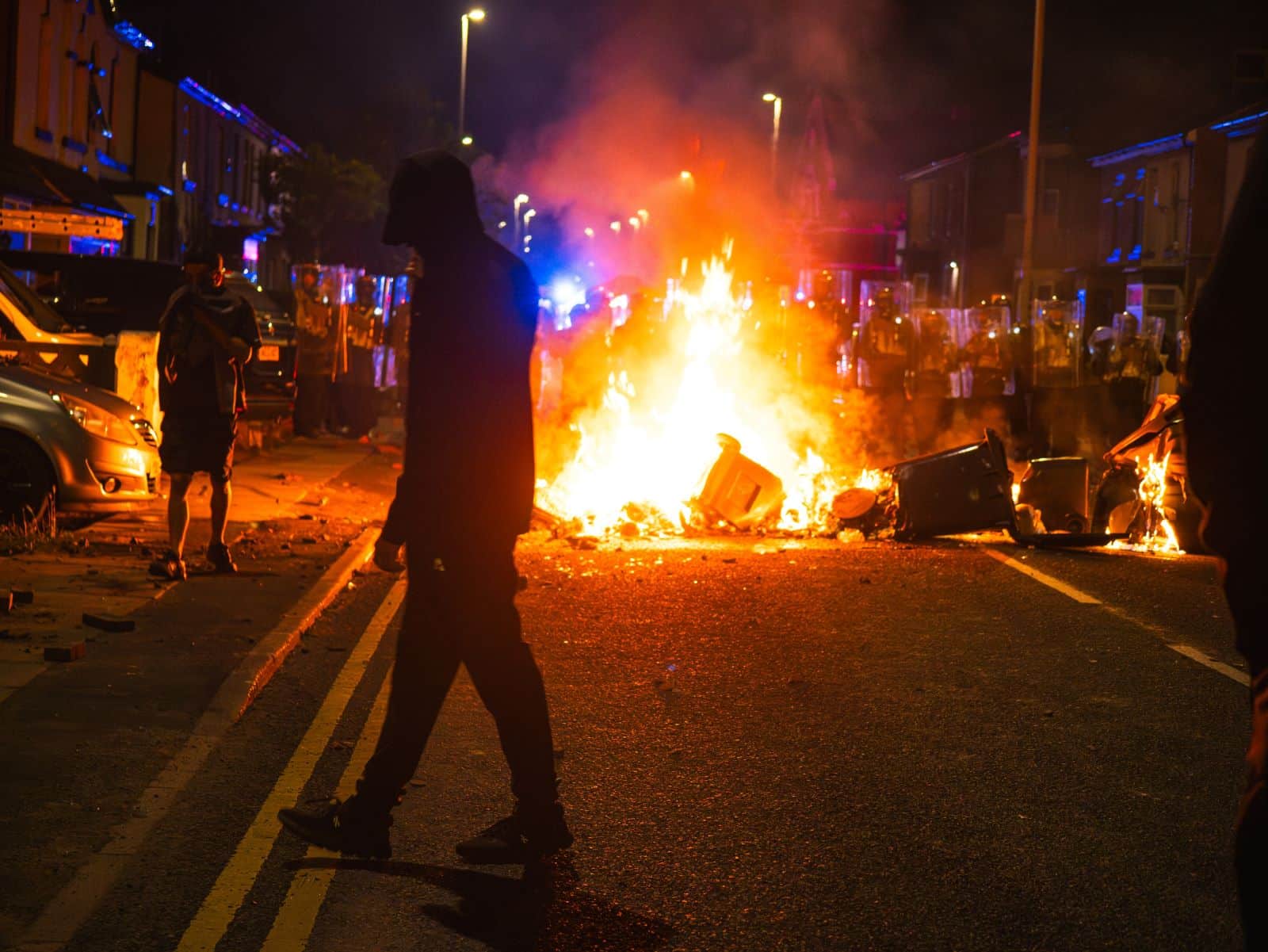
False information regarding the Southport stabbing suspect’s background fueled the riots, with rumours intensifying the violence. The rapid spread of such misinformation highlights the volatile mix of social media and reactionary violence.
7. Economic Aftermath for Local Businesses
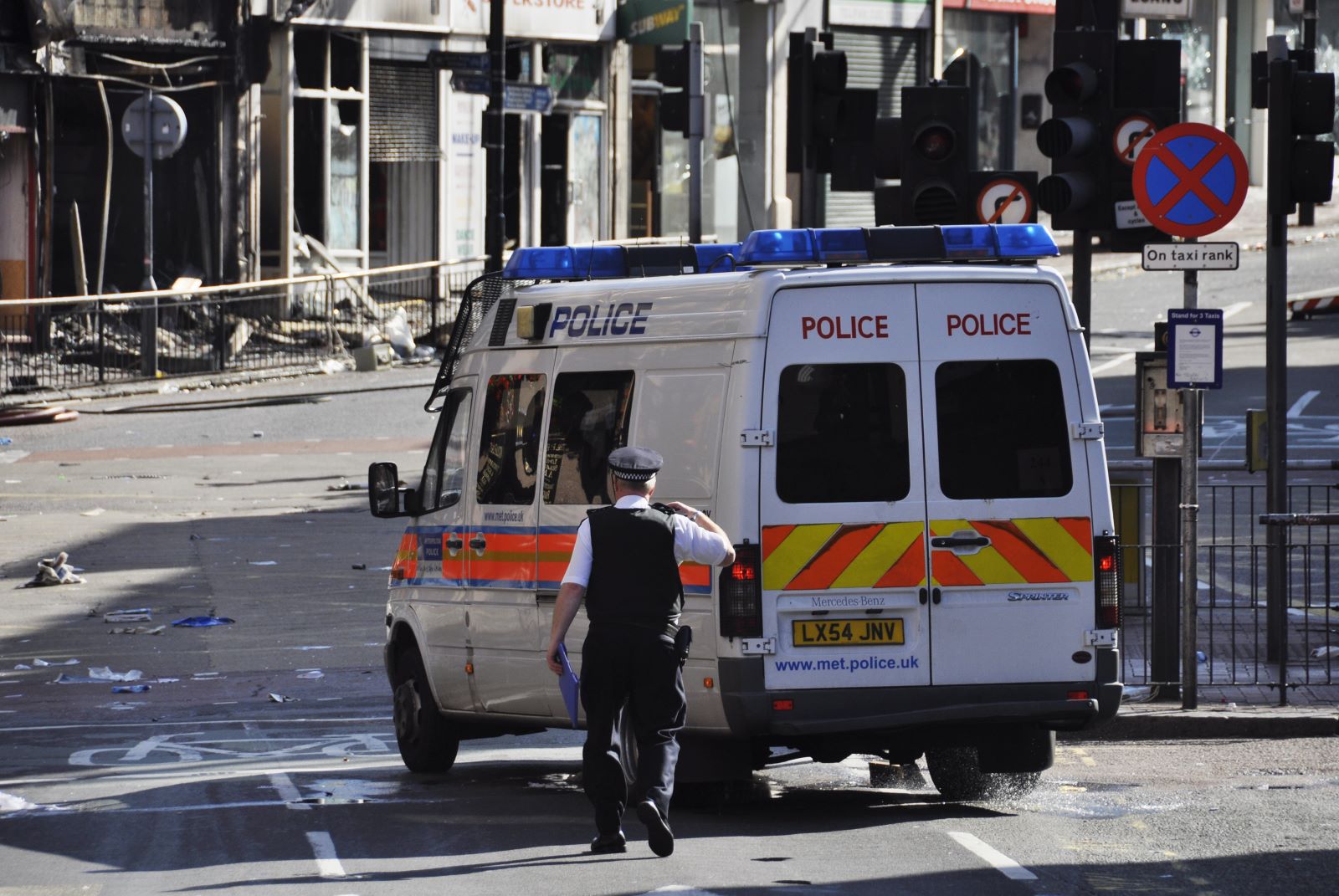
Businesses in affected areas have faced closures and damage, causing a ripple effect on local economies. The financial impact extends beyond immediate repairs to long-term declines in customer traffic and investment fears.
8. Social Media’s Role in the Riots

Platforms like Twitter and Facebook were used to organize and incite riots, demonstrating social media’s powerful role in modern unrest. While these platforms can mobilize support, they also pose significant challenges in curbing the spread of harmful content.
9. The Legal System Under Pressure
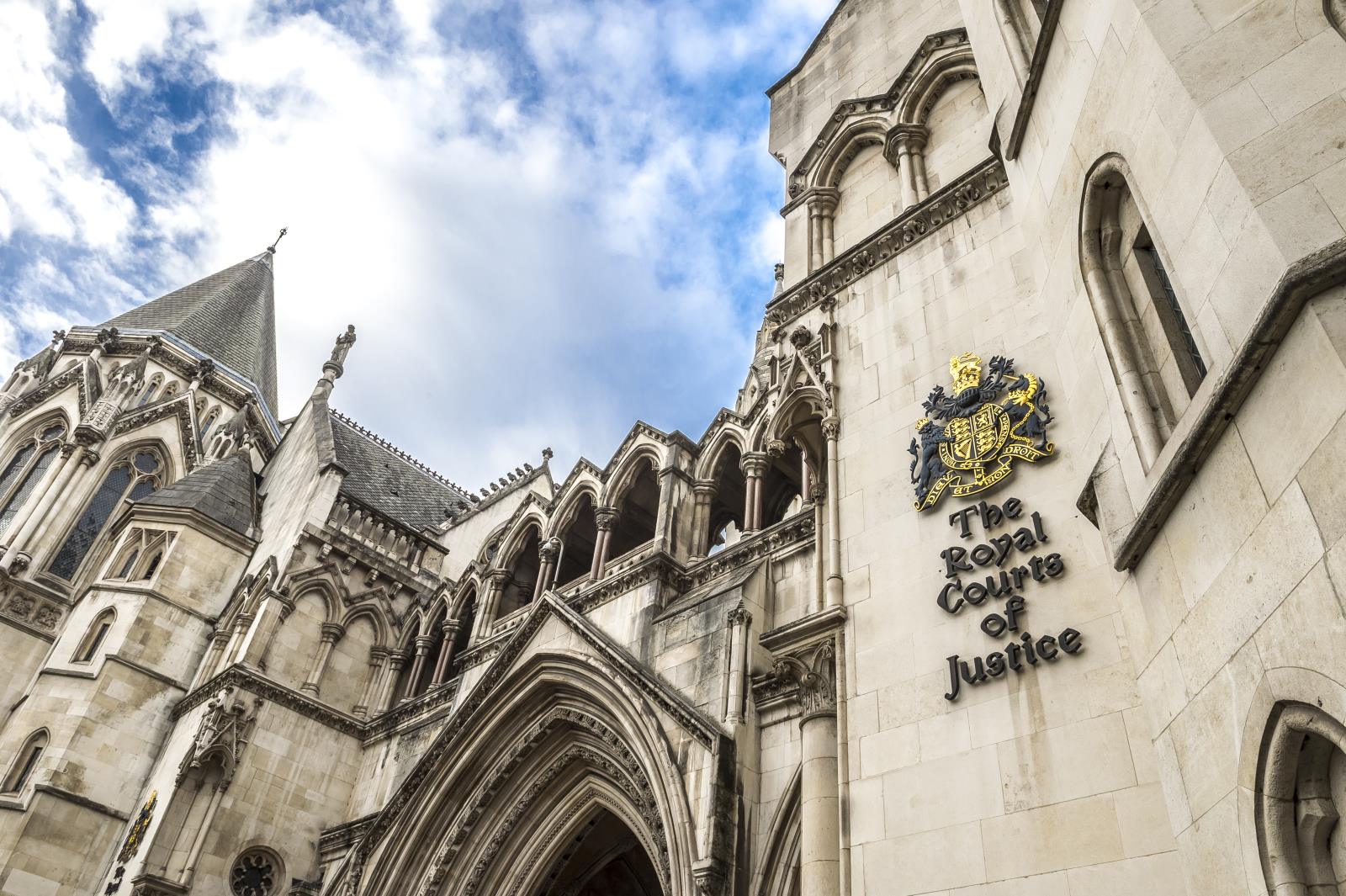
The UK’s judicial system is now swamped with cases stemming from the riots, from minor offences to serious charges of violence. This surge tests the limits of legal resources and highlights the need for robust legal responses to mass unrest.
10. Strains on Public Health Services
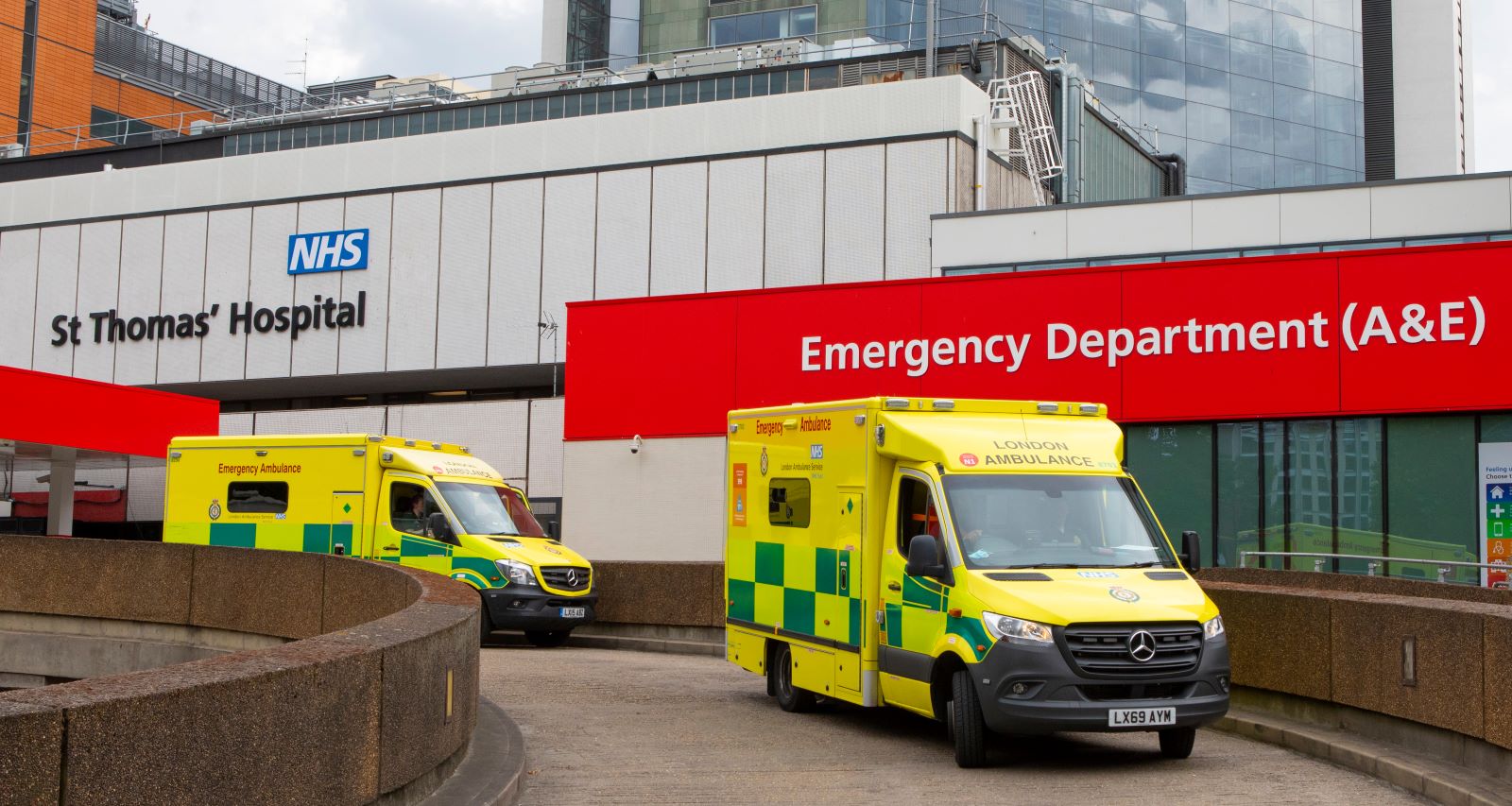
The riots have placed additional burdens on the NHS, with hospitals treating victims of violence amidst already strained resources. The broader health implications include long-term psychological impacts on those involved.
11. Recurring Themes of British Nationalism
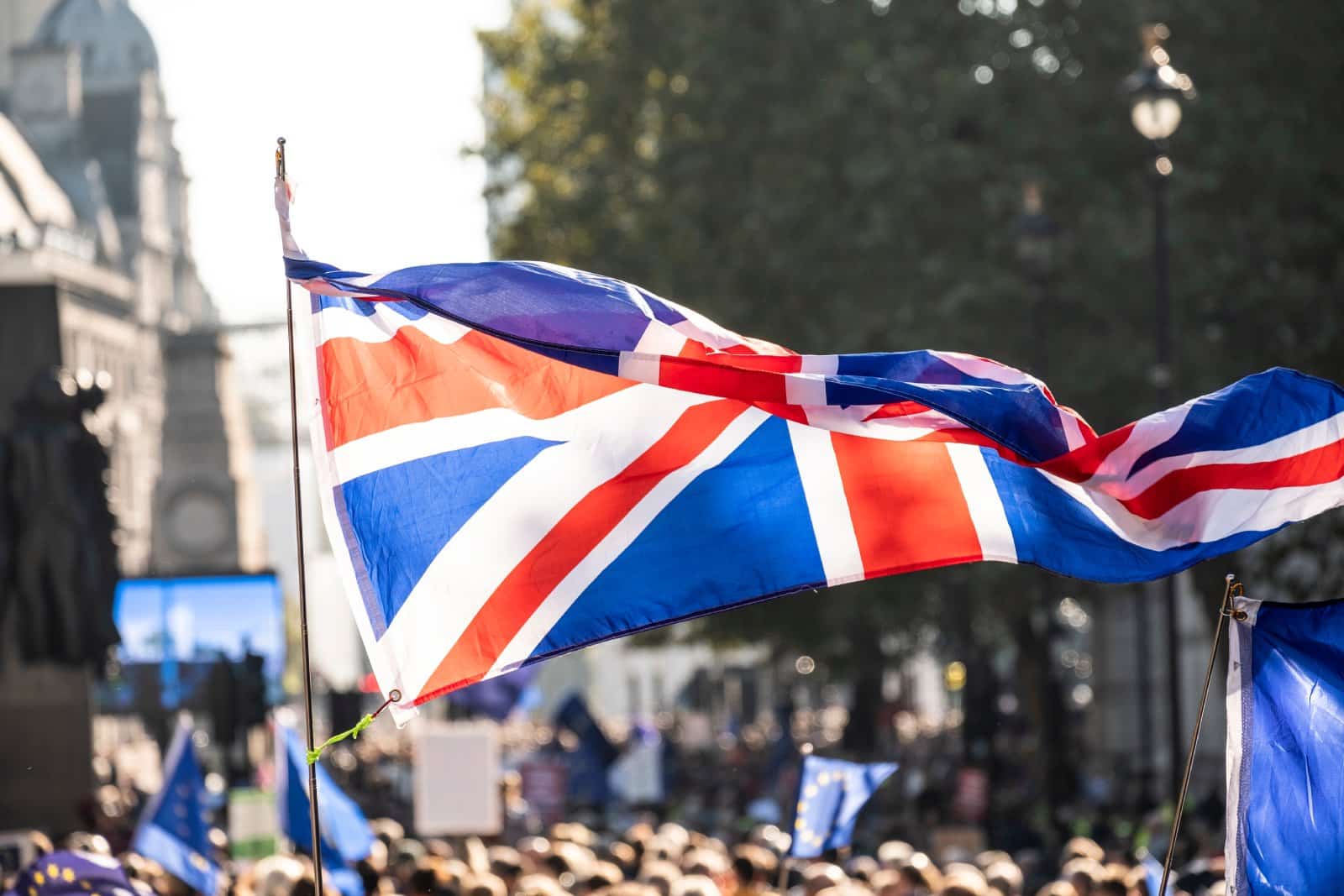
Historically, Britain has seen waves of nationalism, especially during economic or social crises. These riots echo past upheavals, showing how deeply ingrained issues of identity and belonging are within British society.
12. Global Political Influences
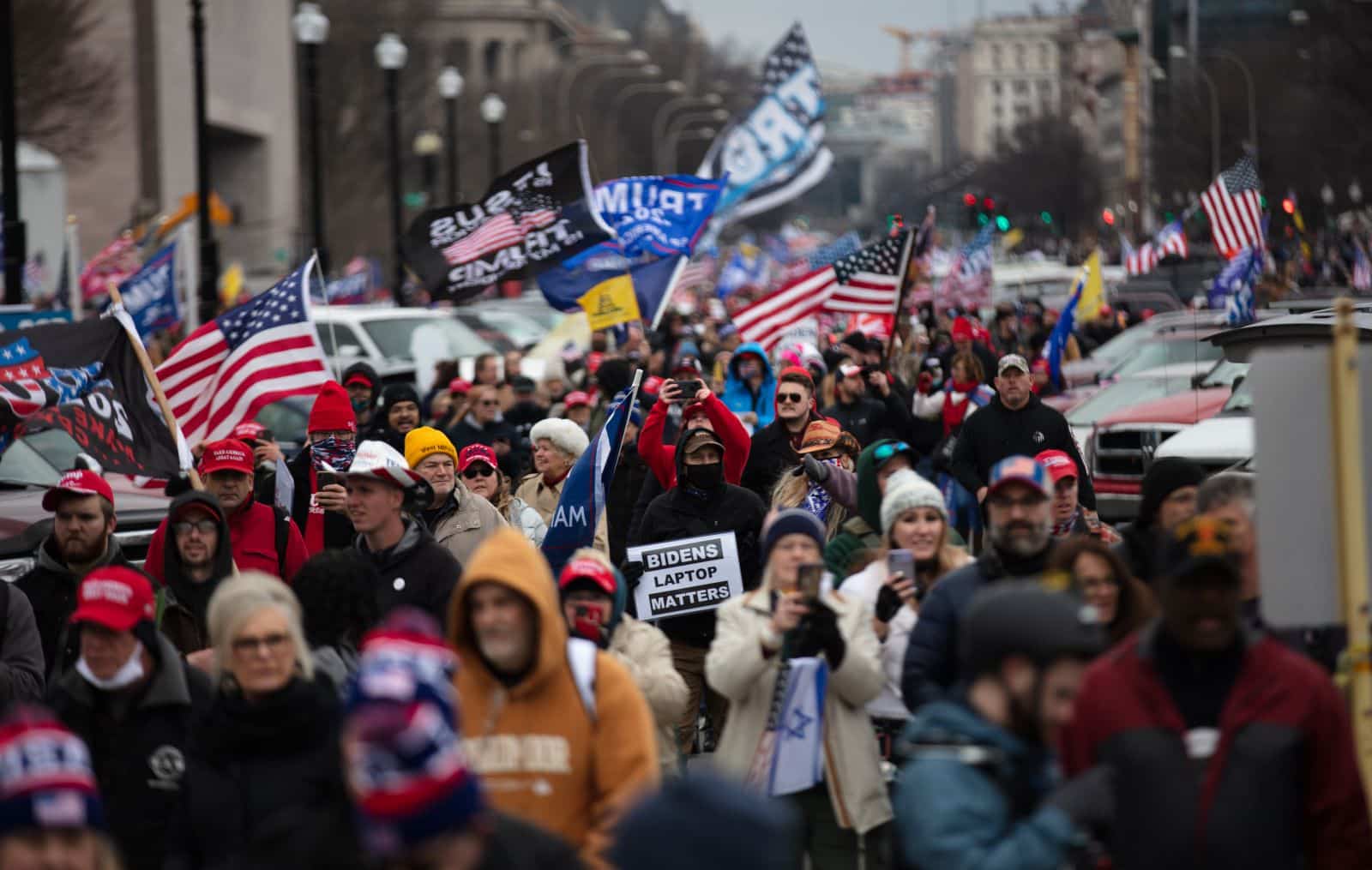
The influence of global nationalist movements, particularly in the U.S., has echoed in Britain, reinforcing domestic far-right ideologies and tactics. This global interplay suggests that solutions may need to consider international and national contexts.
13. Media’s Influence on Public Perception

The role of the British media in shaping responses to the riots cannot be understated. Coverage that either sensationalizes or minimizes these events can significantly sway public opinion and potentially inflame or calm tensions.
14. Division in Public Opinion

Surveys post-riots reveal a divided Britain, with significant portions of the population sympathizing with different sides of the conflict. This polarization challenges the notion of a unified national identity and complicates efforts towards reconciliation.
15. Calls for Policy Reform

In the wake of the riots, there are increasing calls for policy reforms, particularly concerning immigration, law enforcement, and social integration. These discussions are crucial for addressing the structural issues that have contributed to the unrest.
16. International Image and Tourism
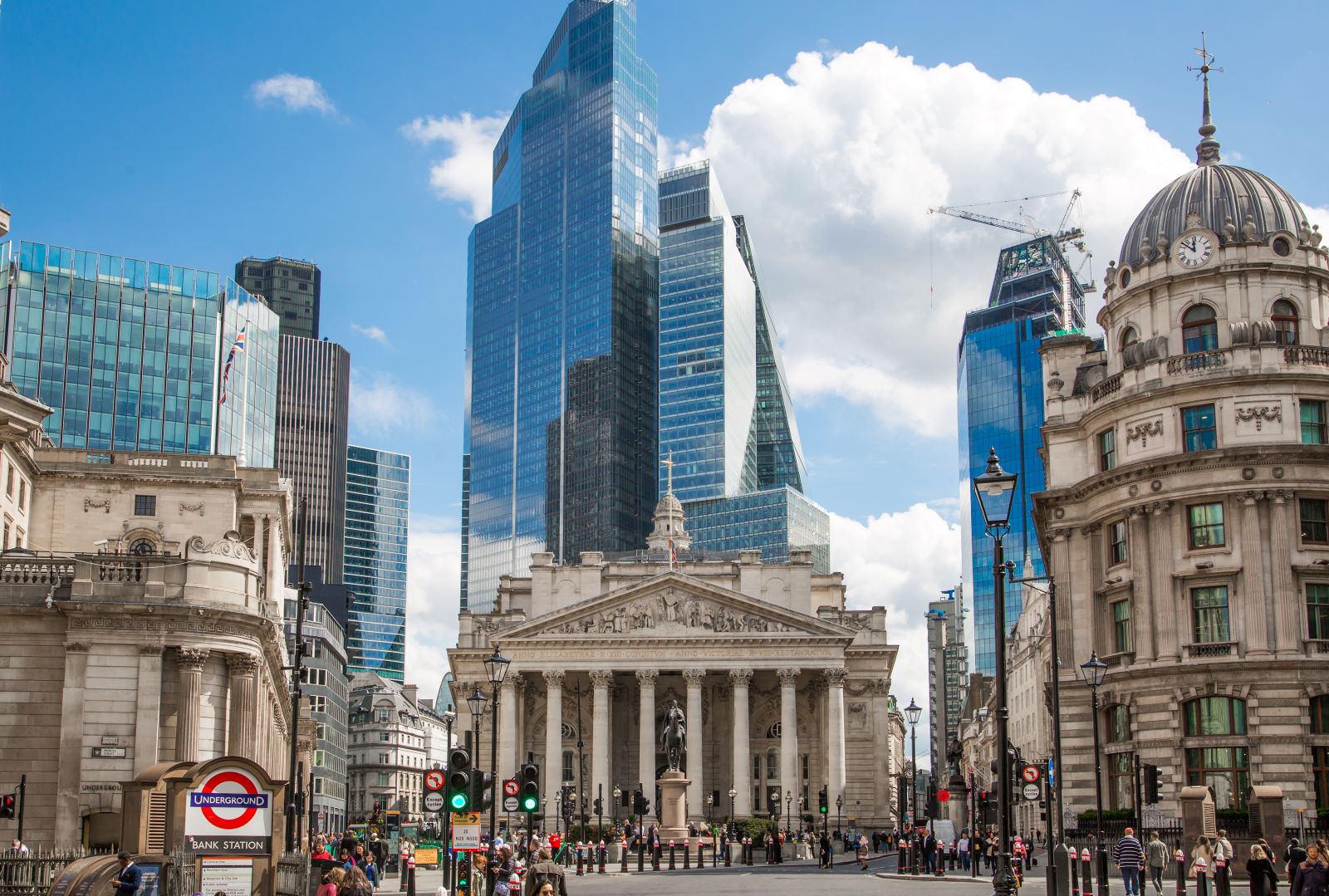
Britain’s international image has suffered, with potential long-term effects on tourism and foreign investment. The portrayal of Britain as a site of frequent unrest could deter tourists and investors, affecting the broader economy.
17. Reflection on British Values
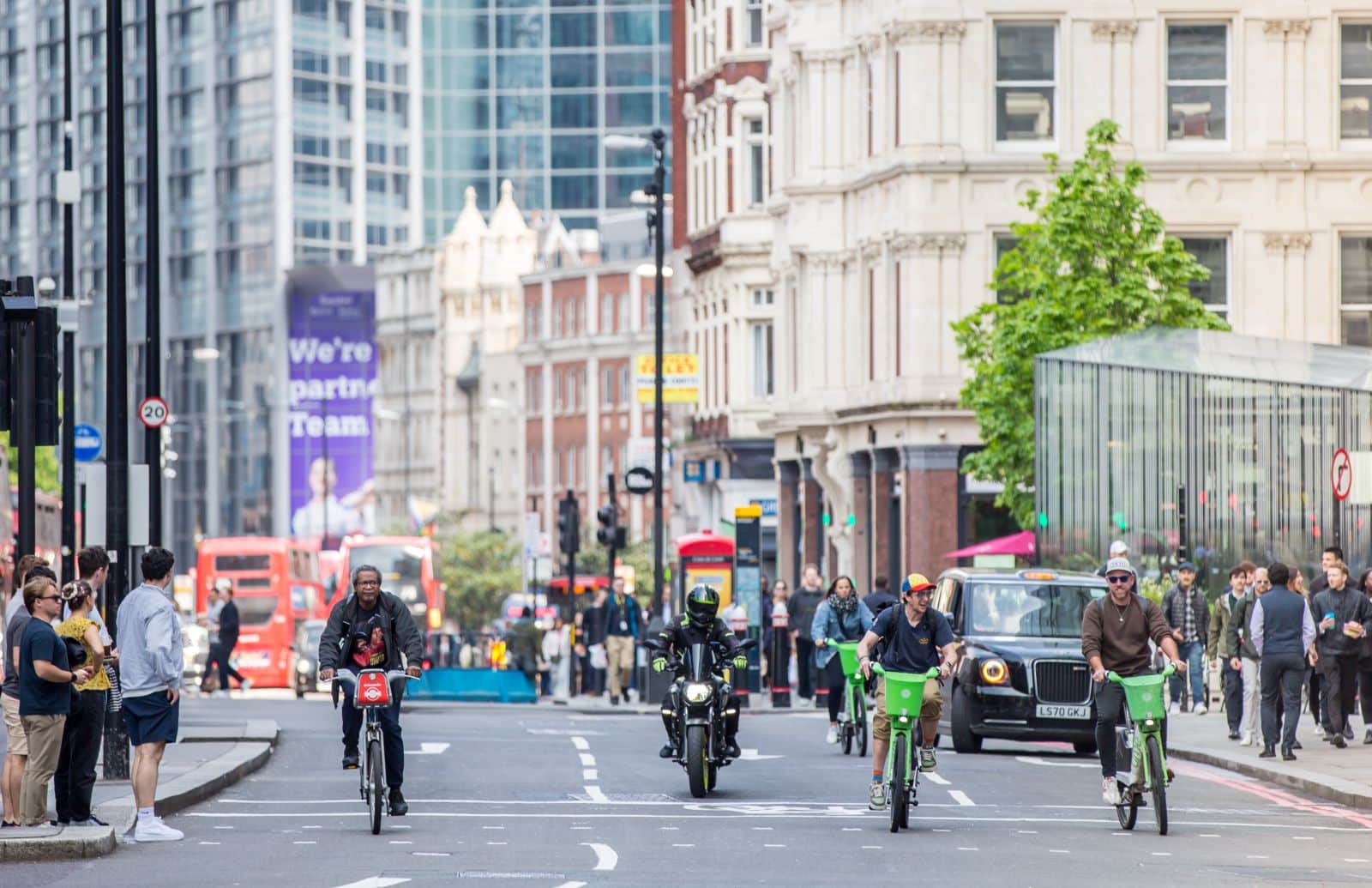
The riots prompted a national reflection on British values, challenging society to redefine what it means to be British in an increasingly diverse and connected world. This reflection is vital for moving towards a more inclusive and unified national identity.
18. Future Projections and Preparations

Looking ahead, there is an urgent need for strategies to prevent future unrest, including better community policing, public engagement initiatives, and education on diversity and inclusion. Preparing for the future means learning from the past and ensuring that patriotism does not become a divisive force.
Reflections on a Restless Nation

As Britain picks up the pieces, the dialogue about nationalism’s cost is more crucial than ever. Addressing these deep-seated issues will require a thoughtful approach that balances security with freedom and unity with diversity. It’s a tall order, but one that must be met with both determination and compassion if Britain is to thrive.
Featured Image Credit: Shutterstock / Ian Hamlett.
For transparency, this content was partly developed with AI assistance and carefully curated by an experienced editor to be informative and ensure accuracy.
The images used are for illustrative purposes only and may not represent the actual people or places mentioned in the article.

